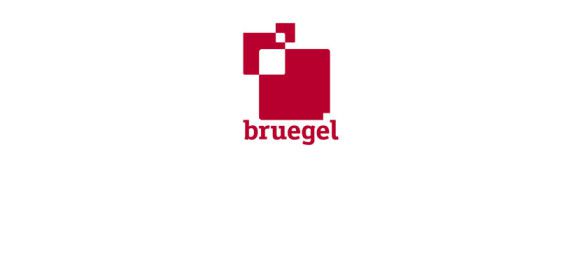Section: Bruegel (Belgium)
The UK’s Brexit bill: could EU assets partially offset liabilities?
The ‘Brexit bill’ is an expected payment by the United Kingdom to settle its financial commitments upon leaving the EU. Since the bill will be important in the Brexit negotiations, the matter is starting to be widely discussed. The European Commission has not yet made any official announcement about the Brexit bill. But in the meantime,...
Beyond hard, soft and no Brexit
Recent declarations by political leaders suggest that a hard Brexit is the most likely outcome of the negotiation between the European Union and the United Kingdom that will start next spring after the UK government triggers Article 50. In Britain, several cabinet members have made statements pointing in this direction. And in Brussels, Donald...
Currency crises in post-Soviet economies — a never ending story?
This paper is published in the Russian Journal of Economics, Volume 2, Issue 3, September 2016, Pages 302–326. Since the collapse of the Soviet Union, its successor states have suffered from cyclical currency crises. The most recent episode of 2014–2016 was caused by a combination of external and domestic factors. The former include tighter US...
Options after Brexit
Bruegel Director Guntram Wolff gave an oral testimony to the French Senate’s working group on Brexit. The video of the testimony can be watched here. In his presentation Dr Wolff drew heavily on ideas from the recent paper ‘Europe after Brexit: A proposal for a continental partnership‘, of which he was one of the authors. Further discussion...
The Continental Partnership proposal: a reply to five main criticisms
As Europe comes to terms with the UK electorate’s decision to leave the EU, there is great debate about the future of EU-UK relations. In this context, together with three colleagues, we recently proposed the creation of a Continental Partnership (CP) to structure the relationship between the UK and the EU after Brexit. The CP offers a...
Europe after Brexit: A proposal for a continental partnership
This paper is the outcome of a dialogue among the five authors during the summer. It is published simultaneously in several European capitals under the sole responsibility of the authors, who write in their personal capacities. Abstract After the British decision to leave the EU, Europe’s trajectory, even its destiny, has again become a...
What’s the matter with Austria?
This op-ed was originally published in Project Syndicate. Austria was once lauded as Germany’s more successful neighbor, one of Europe’s fastest-growing countries. But its economy has been sputtering since 2012, with GDP up last year by a meager 0.7%; only Greece and Finland performed more poorly. And Austria’s unemployment rate...
Should the UK pull out of the EU customs union?
The UK was a founding member of the General Agreement on Tariffs and Trade (GATT) in 1948. Like all other EU members, it retained its GATT membership after joining the EU and then became a World Trade Organisation (WTO) member when the latter was founded in 1995. As such it must respect general rules that apply to all WTO members as well as...
Nord Stream 2: a bad deal for Germany and Eastern Europe
At the end of last year, Gazprom reached a deal with five Western European companies (BASF, E.ON, ENGIE, OMV and Shell). They agreed to add two additional lines to the Nord Stream gas pipeline across the Baltic Sea, increasing the capacity of the pipeline from 55 billion cubic metres per year to 110 billion from 2019. The project has provoked...
Berlin and Paris need a strategy for Brexit
This op-ed was originally published in International Business Times, Kathimerini, and Diario Economico. It will also be in Die Zeit, El Mundo, Rzeczpospolita, Le Monde, and Dienas Bizness. The European Union will need to have a credible strategy if UK citizens vote to leave on June 23. To avoid a gradual disintegration of the EU, political...



